Dive into the Power & Passion of ‘Tenor Madness
In the vast panorama of jazz, Sonny Rollins’ “Tenor…
Today, we celebrate the birth of a jazz titan: Percy Heath. Born on April 30, 1923, in Wilmington, North Carolina, Heath’s musical legacy is undeniable. In this post, we’ll explore his life, illustrious career, and his enduring impact on jazz.
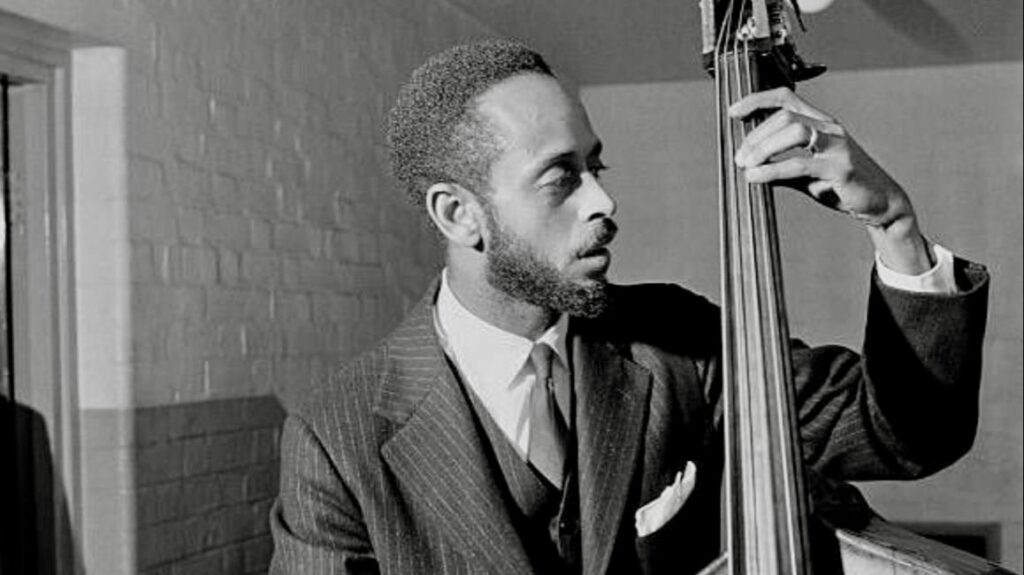
Heath’s musical journey began in Philadelphia, where he was raised. Initially studying violin, he switched to bass in 1946 and honed his skills at the Granoff School of Music. His talents quickly caught the attention of fellow musicians, including his brother, Jimmy Heath. The two joined forces in trumpeter Howard McGhee‘s band, marking the beginning of a lifelong collaboration between the siblings.
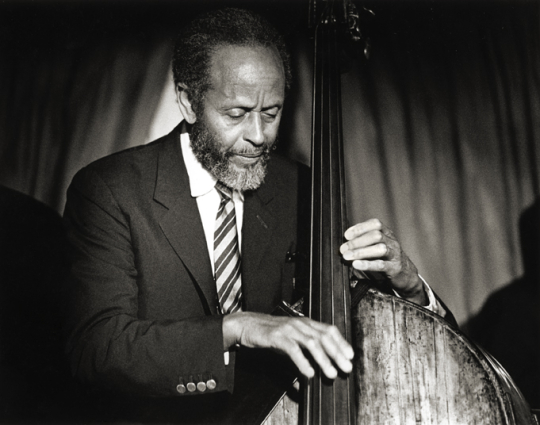
During this early stage of his career, Heath played alongside some of the greatest names in jazz, such as Miles Davis, Fats Navarro, J.J. Johnson, Dizzy Gillespie, Charlie Parker, Thelonious Monk, Clifford Brown, and Horace Silver. However, it wasn’t until 1951 that he found his true calling when he joined John Lewis and Milt Jackson‘s quartet, which would later become the iconic Modern Jazz Quartet (MJQ).
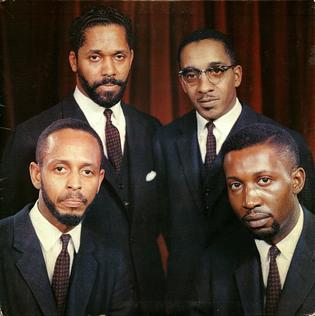
The formation of the MJQ in 1952 revolutionized the jazz scene with their unique blend of classical, blues, and jazz elements. Heath’s elegant bass lines and logical solos provided the foundation for the group’s signature sound, making him an indispensable member. The MJQ pioneered the cool jazz and third-stream movements, characterized by a fusion of classical music structures with jazz improvisation, delivering a sophisticated and accessible sound.
Among the numerous groundbreaking albums released by the MJQ, several stand out as defining moments in their illustrious career:
“Fontessa” (1956): This album exemplified MJQ’s approach to blending classical and jazz styles, featuring Heath’s distinctive bass work. Notable tracks include “Versailles” and “Bluesology,” highlighting the group’s versatility and Heath’s impeccable sense of timing.
“The Modern Jazz Quartet Plays No Sun in Venice” (Atlantic, 1957): Composed by John Lewis as a film score, this album showcased the MJQ’s ability to create atmospheric, evocative music. Heath’s bass lines on tracks like “Cortege” and “Venice” set the tone for the cinematic soundscape.
“Third Stream Music” (1957, 1959–60, Atlantic 1345): This album marked MJQ’s foray into the third-stream genre, blending classical and jazz elements seamlessly. “Sketch for Double String Quartet” (1959) is a prime example of this fusion, with Heath’s bass providing the rhythmic backbone.
“European Concert” (1960 [1962]): Recorded live in Europe, this album captured the MJQ’s captivating live performances. Heath’s bass playing on tracks such as “Django” and “Bag’s Groove” demonstrated his unwavering technical prowess and ability to connect with audiences around the world.
These albums, among others, solidified the Modern Jazz Quartet’s place in jazz history and showcased Percy Heath’s immense talent as a bassist. His innovative style and ability to adapt to various musical contexts left a lasting impression on the jazz community, influencing countless musicians and shaping the evolution of jazz music.
Sadly, in 1974, personal and creative differences led to the disbanding of the MJQ. Yet, as one chapter closed, another opened. Heath formed the Heath Brothers with his siblings Jimmy and Tootie, along with pianist Stanley Cowell. The family band became known for their distinct sound, which drew from their shared musical experiences and showcased Heath’s continued growth as a bassist.
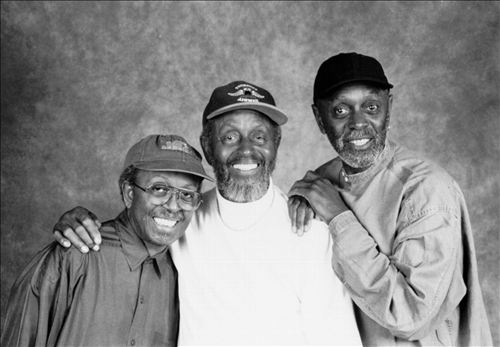
Fortunately for jazz enthusiasts, the MJQ’s breakup was short-lived. The group reunited in 1981, much to the delight of their fans. Their return to the stage solidified their place as jazz legends, as they continued to inspire and influence the genre.
In his later years, Heath remained an active and innovative force in jazz. He participated in various collaborations and continued to evolve his sound. We’ll now dive into three albums from this period, examining Heath’s exceptional performances.
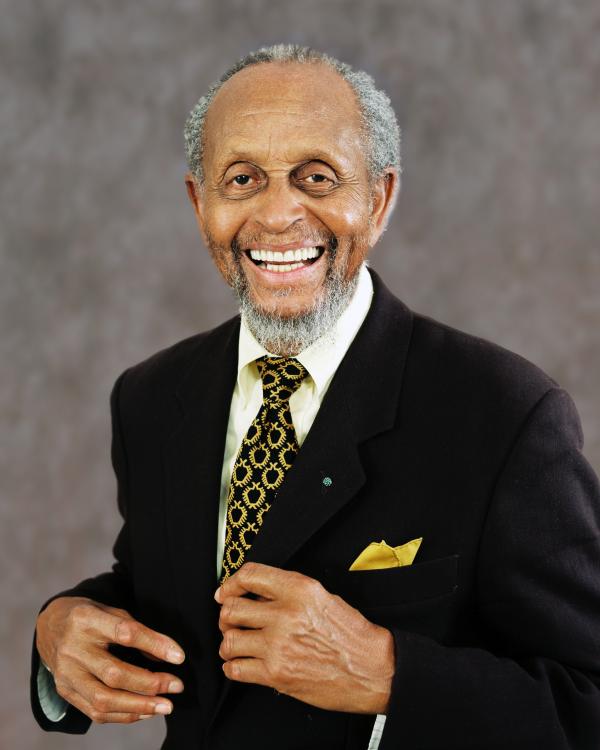
Firstly, “Reunion at Budokan 1981” captures MJQ’s triumphant return to the stage. Heath’s bass playing is both fluid and supportive, providing a strong foundation for his bandmates. His solos exhibit a level of maturity and finesse that only comes with years of experience.
Next, “Three Windows” (1987) showcases Heath’s ongoing mastery of his instrument. His playing is simultaneously intricate and melodic, displaying a deep understanding of the interplay between rhythm and harmony. This album is a testament to his ability to adapt and thrive in various musical settings.
Lastly, “For Ellington” (1988) pays homage to one of jazz’s greatest composers, Duke Ellington. Heath’s performance on this album is nothing short of masterful, as he navigates the complex arrangements with grace and precision. His bass lines weave seamlessly through the music, supporting the ensemble while also taking center stage when needed.
On April 28, 2005, the jazz world lost a legend when Percy Heath succumbed to bone cancer at the age of 81. His passing reverberated through the community, as musicians and fans alike mourned the loss of a true innovator. In a touching tribute, his brothers Jimmy and Tootie honored his memory by performing at the New Orleans Jazz & Heritage Festival on the day of his passing, a testament to the deep bond they shared and the unwavering passion for music that defined Heath’s life.
Today, Percy Heath’s influence on jazz remains profound. His innovative approach to bass playing, blending classical technique with the soulful sensibilities of jazz, continues to be a standard by which new generations of bassists measure themselves. Moreover, Heath’s extensive discography with a multitude of jazz personalities serves as a rich source of inspiration and education for those who seek to learn from his artistry. His enduring impact on jazz culture is a testament to his mastery of the bass and his unwavering dedication to the music he loved.
As we reflect on the extraordinary life and career of Percy Heath, it’s clear that his contributions to jazz are immeasurable. From his early days in Philadelphia to his time with the Modern Jazz Quartet and the Heath Brothers, Heath consistently pushed the boundaries of his instrument and the genre itself. His innovative approach, impeccable technique, and unwavering passion for music have left an indelible mark on the jazz community. Happy birthday, Percy Heath, and thank you for the incredible music that will forever be cherished.